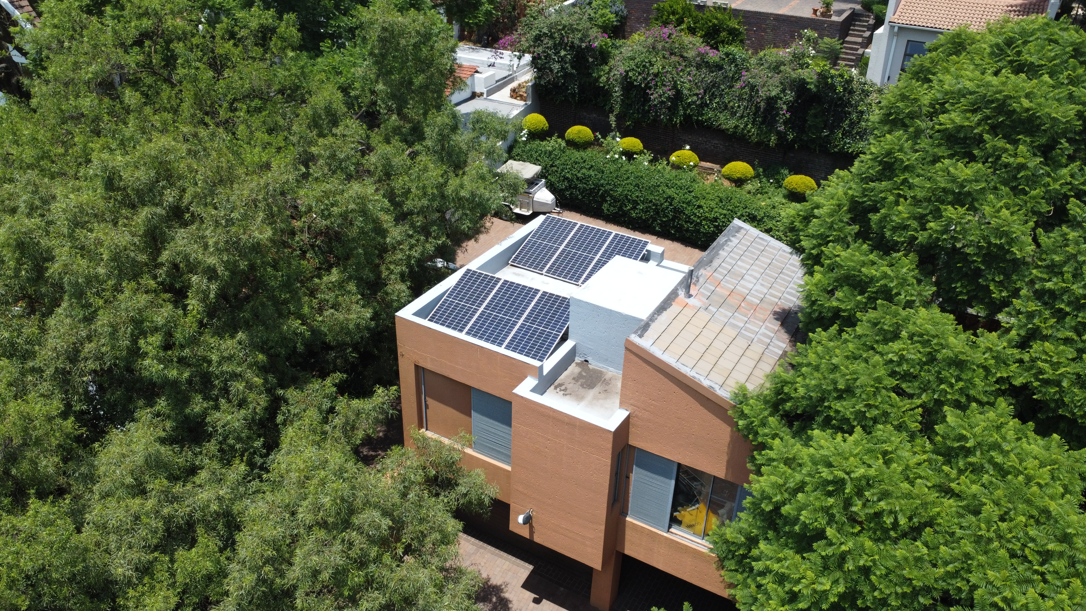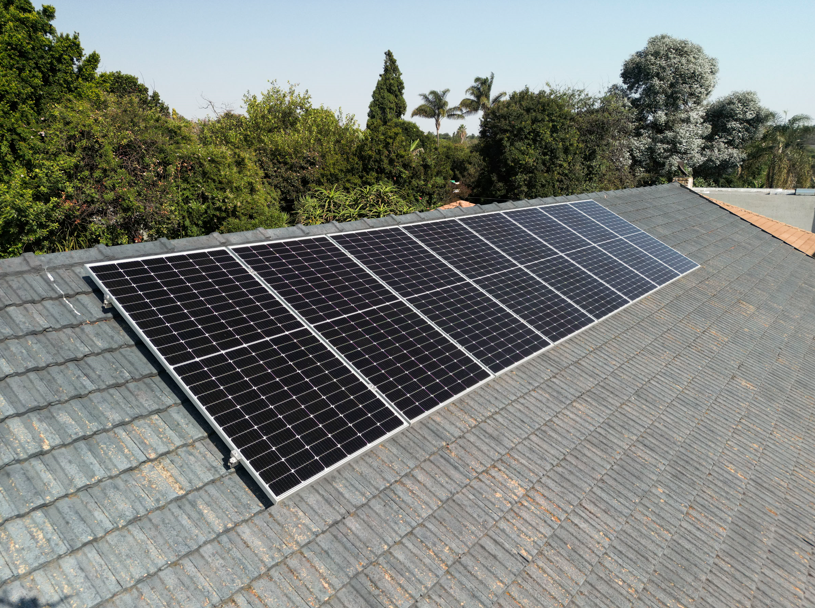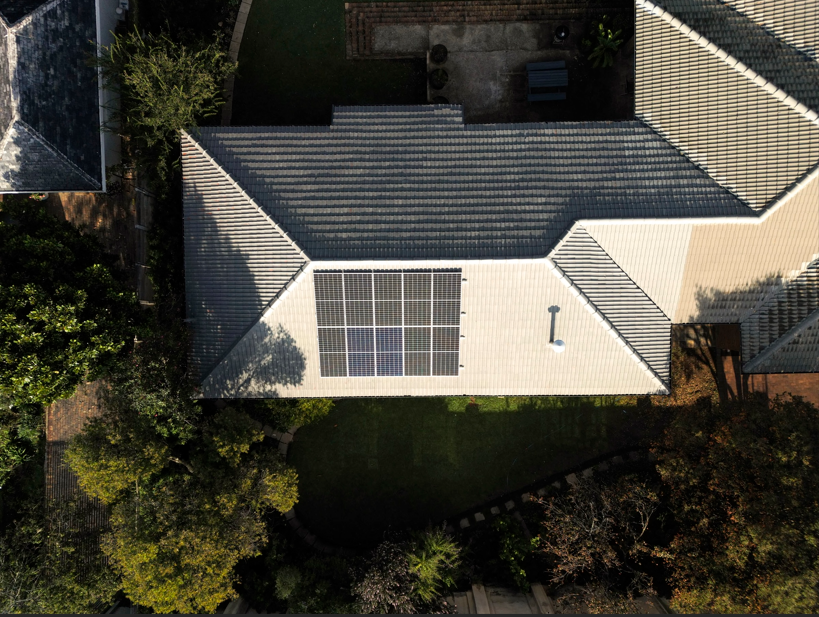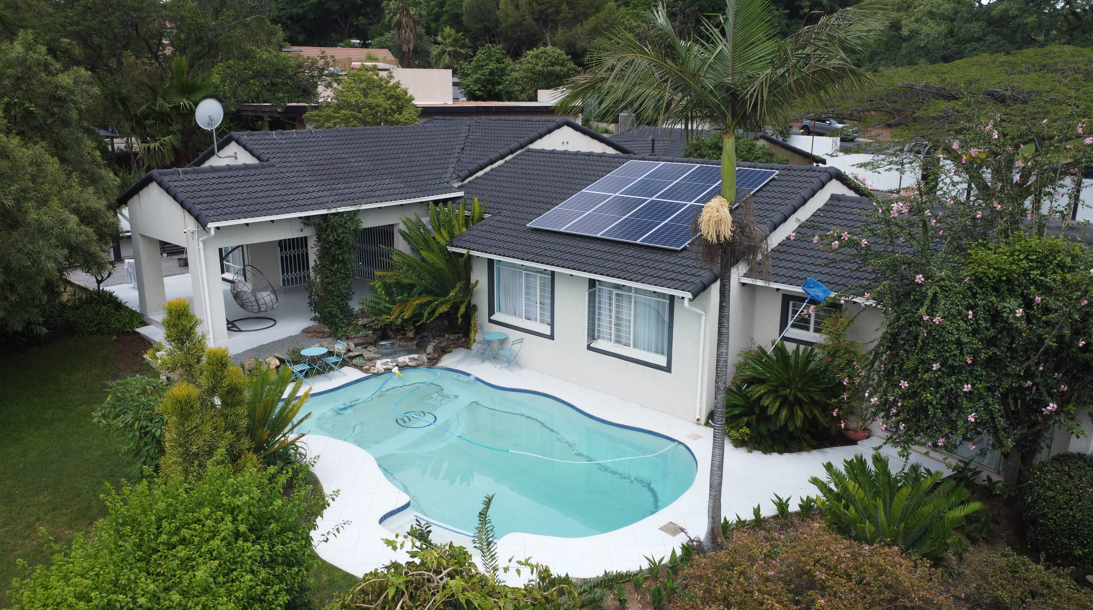GoSolr calls for urgent reforms to tackle the energy crisis in the fourth solar update
South Africa stands at a critical energy crossroads, where overregulation and policy inconsistencies threaten to plunge the country into another energy crisis. despite the growing potential of solar power. This warning comes as GoSolr, South Africa’s largest provider of residential solar solutions, launches its fourth solar energy update, the Light Paper.
This latest edition of the Light Paper shines a spotlight on the structural and regulatory failings that continue to dim the country’s energy future. According to GoSolr CEO Andrew Middleton: “South Africa has made progress in renewable energy adoption, however, we run the risk of going backwards. Our research shows that while other countries are accelerating their solar transitions, we are being held back by a tangle of regulations that penalise, rather than encourage, solar adoption.”

The report comes at a time of cautious optimism. The frequency of load shedding has eased, yet the country’s Energy Availability Factor remains at an average of 57% against Eskom’s target of 70%. Additionally, grid capacity has maxed out in three key provinces for wind and solar power – the Northern, Eastern, and Western Cape – and confusing tariff structures are discouraging consumers and independent power producers from investing in alternative energy sources.

Middleton warns: “Eskom’s chronic financial restraints and irreversible generation shortfalls mean that the national utility can no longer meet the country’s demands, and it is highly unlikely they will be able to do so in the future. Rather than empowering citizens to ease grid pressure through renewable energy adoption, we are seeing contradictory regulations and punitive tariffs that sabotage energy independence.”

Key findings from the Light Paper include:
- Slow infrastructure development: Transmission line expansion is happening at just 200 km per year, against a target of 14 000 km by 2033.
- Lagging solar adoption: In contrast to countries such as Hungary (25%), Chile (22%), and Spain (21%), the average solar contribution to South Africa’s energy mix is only 5%.
- Energy mix imbalance: As of January 2025, the country is still heavily reliant on coal (74.09%) while solar represents only 11.5% of the energy mix, with nuclear, wind, and other renewables all below 7% each.
- Increase in solar installations: Approximately 137 000 homes in South Africa have solar photovoltaic (PV), increasing at around 1 000 installations per month.
- Punishing regulations: Across municipalities, solar users face inconsistent rules, with some areas implementing inflexible tariff structures with the highest fixed fees in the country.
- Manufacturing challenges: The majority of renewable energy components are imported and proposed hikes in import tariffs further threaten the growth of the industry.
- Global examples of solar integration done right: Countries such as Hungary, Chile, and Portugal have rapidly scaled solar through effective policies, proving that proper regulatory frameworks contribute to real progress

The Light Paper calls for five urgent steps that need to be taken in order to achieve renewable energy success:
- Fixed-use tariffs must be cost-reflective and not implemented to protect the revenues of Eskom or municipalities. Give customers the freedom of choice when selecting a tariff.
- Import tariffs for parts must be revisited to ensure that consumers do not lose. We cannot make the creation of electricity more expensive than it needs to be.
- A simple national framework for solar that drives quality without hampering progress needs to be created. Leaving it to municipalities means complicated and confusing processes that are holding everyone back.
- Reduce registration and compliance burdens. Why should people pay to be compliant with ever-changing regulations?
- Anyone who can create and wheel power must be allowed to do so. Whether that be consumers feeding energy back into the grid, or larger Independent Power Producers (IPPs) who can produce on a large scale.
“South Africa has abundant sunshine and tremendous potential, which is being wasted by regulatory blockades and inconsistent policies,” adds Middleton. “The private sector is ready, consumers are willing, and the technology is here. It’s time for regulators to let progress happen.”

To read the full report, visit https://www.gosolr.co.za/media/gosolrlightpaper202506-1749049573.pdf
ENDS
For media queries, contact:
Megan Silver
0606028689
More about GoSolr
GoSolr is South Africa’s largest provider of residential solar solutions, offering a subscription model for customers on a month-to-month contract.
Established in 2021 by founders Andrew Middleton, Patrick Narbel, Thomas Framnes, Neil McWilliams and Kobus Viljoen, the company has grown to employ 125 direct employees.
With offices in Johannesburg and Cape Town, GoSolr operates in Gauteng, Kwa-Zulu Natal, Mpumalanga, North West Province, Free State, Northern Cape, Eastern Cape and the Western Cape.
The company’s leadership comprises: Chairman: Kobus Viljoen, CEO: Andrew Middleton, CTO: Patrick Narbel, and CFO: Rushil Rattan.
GoSolr is committed to brighter futures, harnessing the sun’s energy, and making it attainable, affordable, and sustainable while democratising access to solar power.
Website and contact information:
Social media:



